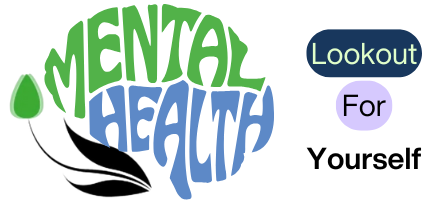Satisfaction with life Scale
Satisfaction with life Scale used in psychology are essential tools for clinical and research assessments. This post is based on dissertations submitted by students during their academic programs. At ‘Mental Health,’ we arrange and provide these resources to you. Here is the complete list of resources (Click Here). To access these materials, click on the ‘Avail File’ section below.”

About Satisfaction with life Scale
The Satisfaction with Life Scale (SWLS) is a widely recognized psychological assessment tool developed by Ed Diener and his colleagues in 1985. It is designed to measure an individual’s global cognitive judgments of satisfaction with their life as a whole. Unlike other measures that focus on specific aspects of well-being, the SWLS provides a general evaluation of life satisfaction, making it a valuable tool in both clinical and research settings to understand an individual’s subjective well-being.
Purpose of the Tool
The primary purpose of the Satisfaction with Life Scale is to assess overall life satisfaction from the individual’s perspective. Life satisfaction is a crucial component of subjective well-being, which is associated with various positive outcomes, including better mental health, improved physical health, and greater resilience to stress. The SWLS allows clinicians and researchers to gauge how satisfied individuals are with their lives, offering insights that can inform therapeutic interventions, life coaching, and wellness programs aimed at enhancing well-being.
Description of the Tool
The Satisfaction with Life Scale consists of 5 items, each rated on a 7-point Likert scale ranging from “Strongly Disagree” to “Strongly Agree.” The items are designed to capture the respondent’s overall evaluation of their life, rather than focusing on specific areas such as work, health, or relationships. Examples of items include “In most ways my life is close to my ideal” and “I am satisfied with my life.”
The total score is obtained by summing the responses to the five items, with possible scores ranging from 5 to 35. Higher scores indicate greater life satisfaction, while lower scores suggest dissatisfaction. The SWLS has been validated across diverse populations and has consistently shown strong psychometric properties, including high internal consistency and test-retest reliability. Its brevity and simplicity make it an ideal tool for quick assessments of life satisfaction in various contexts.
Age Group
The SWLS is suitable for use with adolescents and adults. It is commonly used in a wide range of settings, including clinical practice, research, educational environments, and organizational settings, to assess life satisfaction across different age groups and cultures.
Administration Steps
- Explain the Purpose: Begin by explaining to the respondent that the SWLS is designed to measure their overall satisfaction with life, not just specific aspects of it.
- Provide the Scale: Distribute the SWLS and instruct the respondent on how to rate each item on the 7-point Likert scale. Clarify that they should consider their life as a whole when responding.
- Ensure Confidentiality: Assure the respondent that their answers will remain confidential and will be used solely to understand their level of life satisfaction.
- Allow Completion: Give the respondent sufficient time to complete the scale, typically around 2 to 3 minutes. Offer assistance if any items are unclear.
Avail the Tool
To access the Satisfaction with life Scale or to learn more about its application in clinical and forensic settings, please visit our Contact Us page. Our team at ‘Mental Health’ is here to support you in utilizing this comprehensive assessment tool for your practice or research needs.
Follow Us:
Reference File: 34
Disclaimer
Please be aware that MentalHealth.com.pk does not hold the rights to grant permission for the use of any psychological scales, questionnaires, or inventories listed on its website. If you wish to use any of the scales, questionnaires, or inventories featured on our site, it is your responsibility to obtain permission directly from the author, translator, or publisher of the respective tool.
MentalHealth.com.pk provides information about various assessment measures and their administration procedures for educational purposes only. We do not endorse or claim ownership of any of the tools mentioned. We strive to provide accurate and up-to-date information to our readers, but we cannot guarantee the completeness or accuracy of the information presented.
If you require further information or need assistance in contacting an author or obtaining permissions, please feel free to reach out to our team. We are here to assist you with any inquiries you may have.

